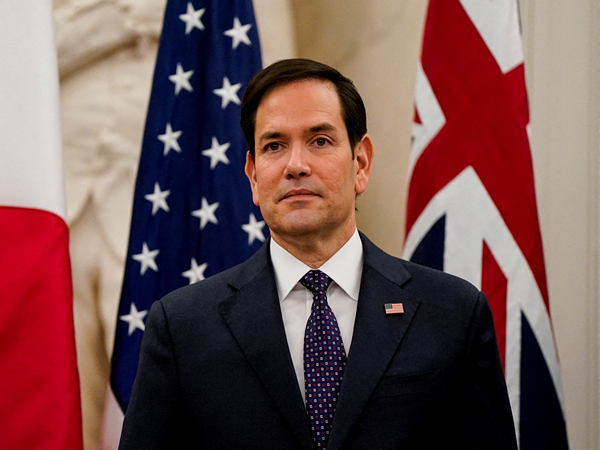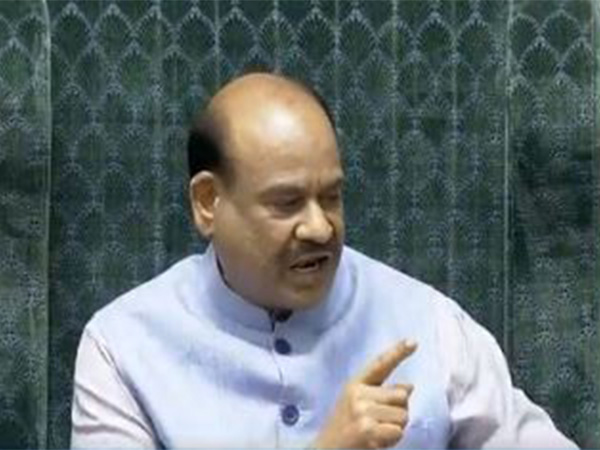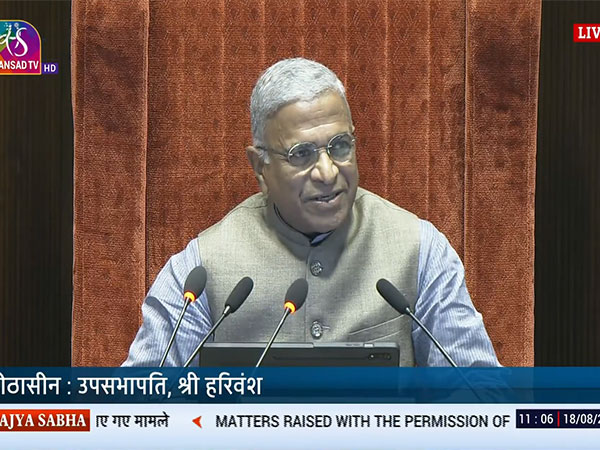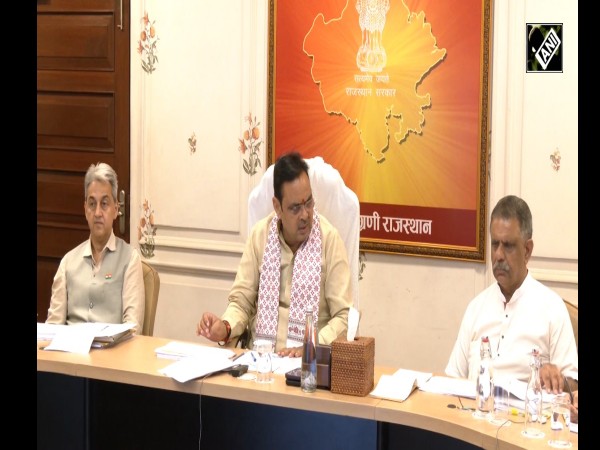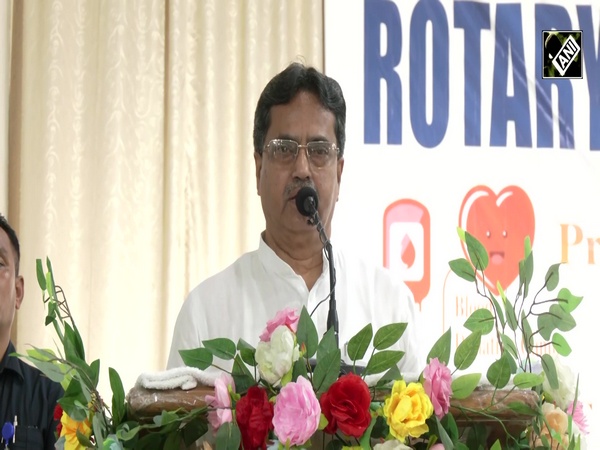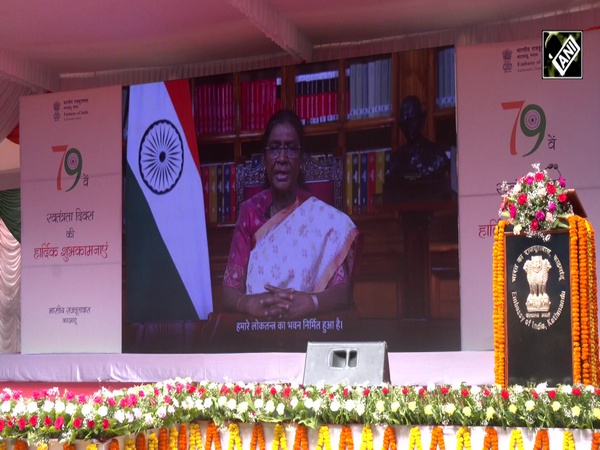Economic neglect, high unemployment plague PoGB, says local banker
Jul 29, 2024

Gilgit [Gilgit Baltistan] July 29 : Unemployment in Pakistan-occupied Gilgit-Baltistan (GB) is a significant issue, deeply intertwined with the region's socio-economic and political challenges.
Despite its strategic location and rich natural resources, the area has long faced neglect and underdevelopment, leaving its residents grappling with limited economic opportunities.
Recently, Liaquat Ali Shah, a banker based in Gilgit-Baltistan, voiced serious concerns about the alarming unemployment rates in the region. According to Shah, unemployment hovers between 70-80 per cent, leaving educated youth with little choice but to seek opportunities elsewhere.
"In terms of unemployment, I estimate it to be around 70-80 per cent," Shah shared. "There are virtually no employment opportunities here. Despite the high educational achievements of the people, we witness significant capital flight and brain drain from Gilgit. The young people here have made a name for themselves in education, but due to the lack of job opportunities, they either move to other parts of the country or go abroad," he added.
Shah pinpointed the lack of large-scale industry as a fundamental reason for the dire unemployment situation. He emphasised the untapped potential of the tourism sector in Gilgit-Baltistan, which, if developed to international standards, could provide a significant boost to the local economy.
"Tourism is a major attraction here," Shah noted. "If the tourism industry were promoted at the same level as in Europe, Switzerland, or other European countries, undoubtedly, there would be many employment opportunities here."
The impact of unemployment extends beyond economic hardship, contributing to social issues such as suicide. "One of the reasons for suicide in Gilgit-Baltistan is unemployment," Shah revealed.
Shah urged the government to adopt a collaborative approach to address the intertwined issues of inflation, unemployment, and suicide prevention. He suggested that public partnerships with civil society could help mitigate these problems, despite the government's limited resources.
"The government can address the issues of inflation, unemployment, and suicide prevention through a public partnership at the governmental level. The government may not have sufficient resources or funds, but by collaborating with civil society, these factors can be controlled," Shah concluded.



